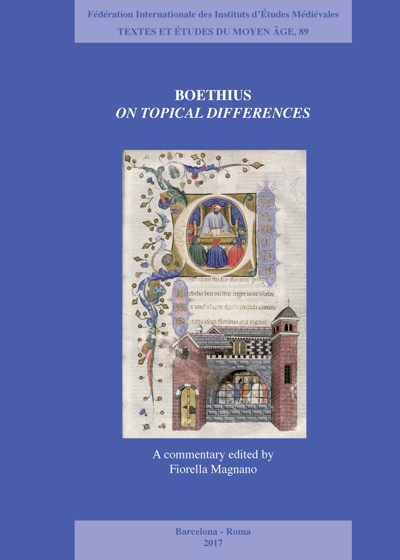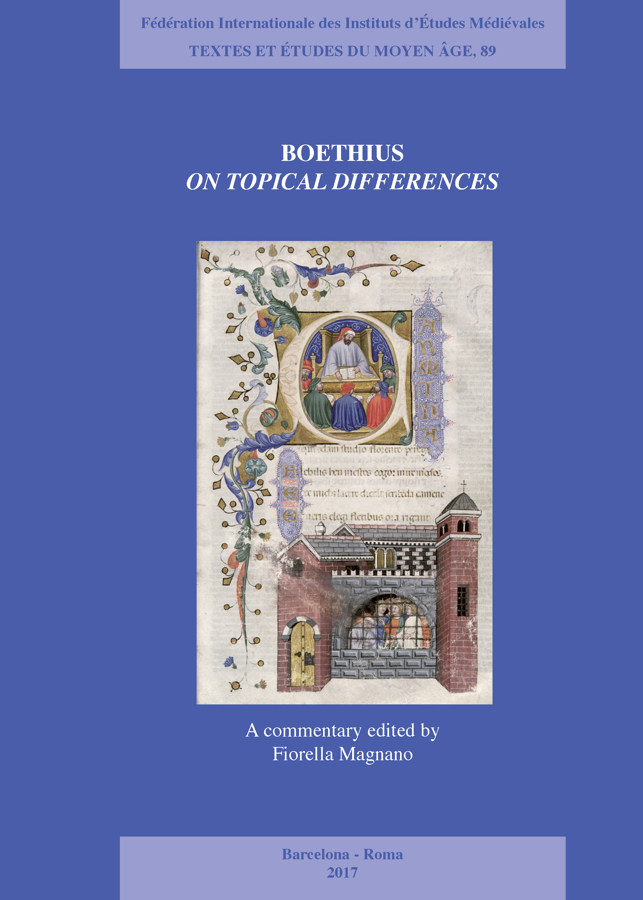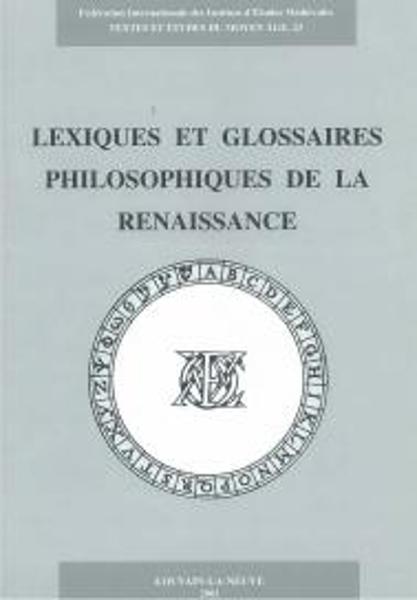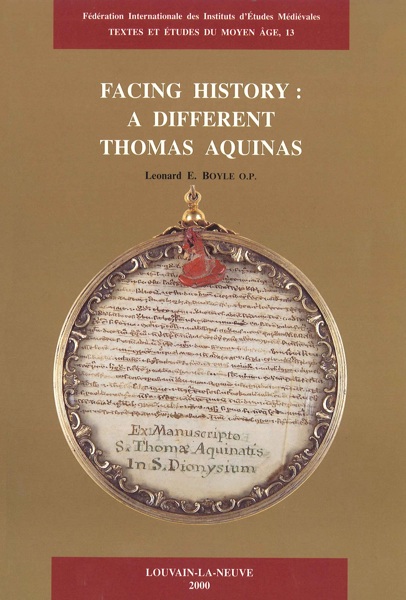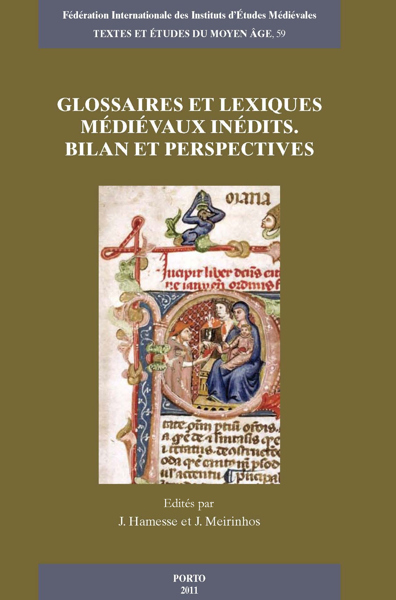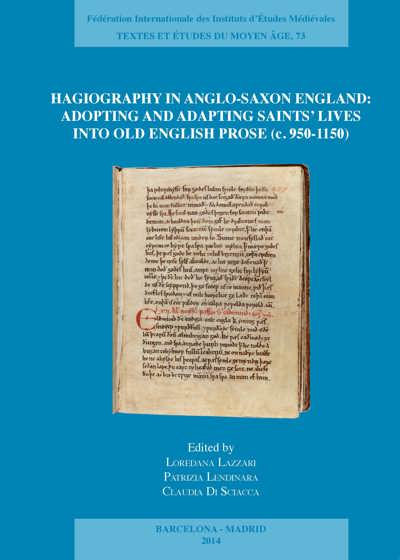
- Pages: 400 p.
- Size:165 x 240 mm
- Illustrations:70 tables b/w.
- Language(s):English, Latin
- Publication Year:2018
- € 59,00 EXCL. VAT RETAIL PRICE
- ISBN: 978-2-503-57931-3
- Paperback
- Available
- € 59,00 EXCL. VAT RETAIL PRICE
- ISBN: 978-2-503-57932-0
- E-book
- Available
Fiorella Magnano (Palermo, 1974) graduated in Theology at the Faculty of Theology in Florence in 2002, and in Philosophy at the University of Rome "Tor Vergata" in 2005. In 2010 she obtained a PhD from both the University of Salerno and the Katholieke Universiteit Leuven. She is currently an Assistant Professor at the Faculty of Philosophy of the Pontifical Lateran University in Rome.
This volume contains the first modern commentary to Boethius's last logical monograph entitled De topicis differentiis, his most original work written around 522 A.D., just before the incarceration and death of the Roman philosopher. His textbook aims at providing a method for the discovery of arguments, that is an art that teaches how to solve any kind of question through the use of the topics, litteraly places of our mind able to produce arguments subsequently developed into argumentations. Boethius inherited this teaching from two different traditions, the Greek and Latin. In light of the differences found in them, the Roman scholar undertook the writing of the De topicis differentiis precisely in order to show the possible way of reconciling these two philosophical traditions. In this way Boethius was able to disseminate a unified vision of this matter to the Latin world, restoring the centrality that the Topics had in the Aristotelian Logic and restoring their noblest function, that of being instruments at the service of the search for Truth. Finally, he also provided the list of the rhetorical topics by showing the differences with dialectical topics. This study provides a full reconstruction of the structure of the Boethian work, retraces and evaluates the sources, investigates the implications, and explains why the De topicis differentiis remains a foundational work for anyone who wants to understand the development of European Logic through the Middle Ages and the Renaissance.
Introduction
Chapter one. The First Book of the De topicis Differentiis
1. The preliminary concepts for learning the discipline of topica
Chapter two. The Second Book of the De topicis Differentiis
2. The division of Themistius's loci
Chapter three. The Third Book of the De topicis Differentiis
3. The division of Cicero's loci
Chapter four. The Fourth book of the De topicis Differentiis
4. The rhetoric and the loci rhetorici
Conclusion
Appendix
Bibliography
Indices
